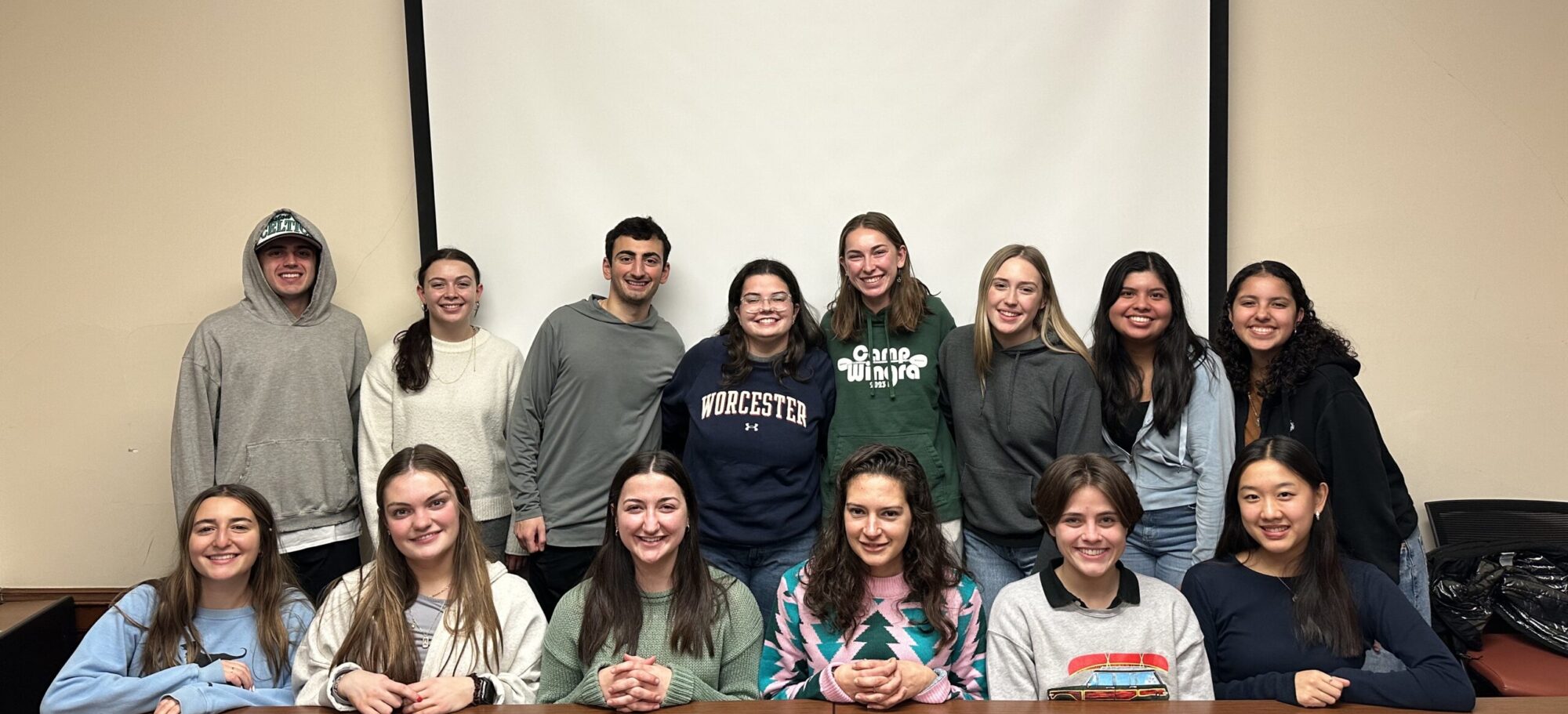This summer, my partner, Matthew Watson’16, and I, Cindy Nguyen’15, will be conducting research through the Mellon Summer Research Program on how to establish a community garden. One factor that pushed me to make this initiative was the experience I had at a CBL site. I think this proves that having the component of hands on experience does in fact encourage one to seek further academic development, as well as reflecting upon one’s own beliefs and values (too often we like to remain within our set view of the world).
The research will try to answer three questions:
- Why a garden? – Why should we choose the medium of a garden as a vehicle of expression?
- Why a community garden? – By incorporating the community into this garden project, in what ways does Holy Cross and local organizations benefit?
- What type of garden? – In order to determine what agricultural methods the garden will use, we must decide what crops to plant, what agricultural techniques will be used, and answer other physically and spatially oriented questions.
One of the things that inspired me was a class I took as a freshman, which was a food philosophy course called, “I am, Therefore I Eat,” (recently became a CBL course) taught by Professor Borghini. The class gave me the tools to start critically thinking about the topic of food, and led me to volunteer for the Community Harvest Project. This organization is a non-profit, which grows, tends, and produces fresh vegetables and fruits in order to assist with the alarming hunger issues in Worcester County. I first learned about the non-profit organization through interning at the Community-Based Learning department at my school. The department’s mission is to encourage students to take the theories they learn in class and try to critically apply them with hands-on experience. I did just that… It should be noted that when I did volunteer for the Community Harvest Project, I was a junior; yet, the knowledge I have gained from the class as a freshman resonated within me. The different ideas, theories, and discussions from a few semesters ago came back to me.
My time at Community Harvest Project showed me that farming is similar to a form of art—it is intricate in many ways. The method you use must be executed accordingly, or else your crops will fail. The way you act on it, requires a delicate hand, as well as pride for your work. It is so exhausting and sometimes redundant that you almost want to give up, similar to a painter who can’t seem to get that one aspect of his work the way he likes it. Moreover, it requires knowledge about your surroundings because you might just stumble upon some friendly—or not so friendly—creatures. Lastly, farming is unpredictable, which requires you to reevaluate and do some experimenting.
Frustrating as it seems, there is a beauty to it. The idea of growing and harvesting produce is something to take great pride in, as the work is not easy, and it takes a tremendous effort and devotion in order to have a successful season. In addition, working with other people and being in touch with the environment results in something deeper. The engagement and the awareness you gain from forming relations with strangers, acquaintances, or friends can create a unique bond and learning experience. You find something about yourself, and you discover something new about the world. Oftentimes in our mundane routine, we tend to ignore the dysfunctional and flawed parts of our lives because we like to feel ‘comfortable.’ Thus, tending a garden, side-by-side, to produce something so fundamentally valuable in our daily lives creates a positive sense of unity and harmony.
I am positive that through this journey I will discover new answers and develop a new way of thinking. Essentially, academics and experience go hand-in-hand as it forces us to constantly have an open mind and critically examine the world as a whole.


